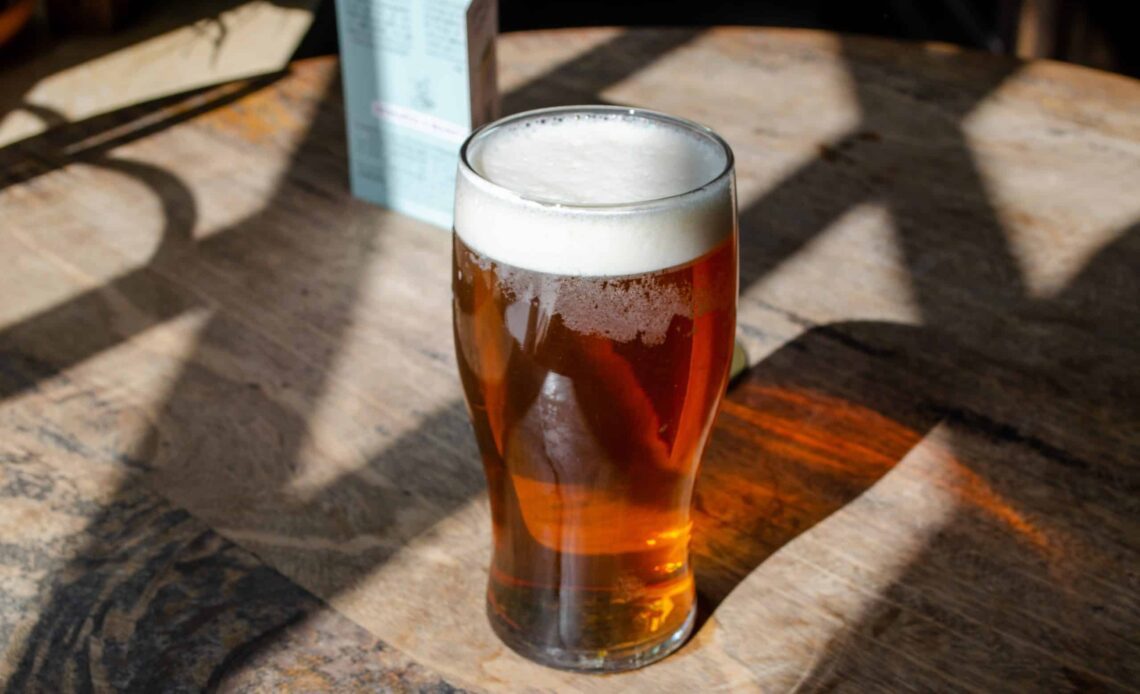One of the best parts of a trip to the United Kingdom is enjoying a beer in one of the many old pubs. During the last few times I’ve been to the UK, I’ve become more interested in learning about and sampling cask ales while catching up with friends.
In North America, cask ales don’t get much attention, as many beer enthusiasts prefer various other styles of beer. I’ve come to appreciate cask ales, though, and I hope that more pubs in North America will begin to pay more attention to them.
Let’s take a look at what cask ales are, and why you might be interested in trying one on your next trip to the UK.
What Are Cask Ales?
Cask ales are a style of beer that may not sound too tantalizing at first. They tend to be served warmer than usual, are only very lightly carbonated (tasting almost flat), have lower alcohol percentages, and lack the aromatic hoppy punch that is common in many of today’s craft beers.
Admittedly, when I first started sampling cask ales years ago, it wasn’t exactly love at first sight. Since then, I’ve grown to appreciate the style, and very much look forward to the whole cask ale experience whenever I visit the UK.
During the brewing process, after finishing the final fermentation stage, many styles of beer get pasteurized, which is when they’re heated up to deactivate the yeast and kill off any unwanted bacteria. They may also be filtered, which removes any leftover sediment from the brewing process.
After this, the finished product is put into kegs, and then is served with forced carbonation from a tap.
Cask ales, on the other hand, neither get filtered nor pasteurized, and they don’t get fully carbonated either naturally or by force. Rather, what you’re getting with a cask ale is a “living” beer.
Cask ales can be thought of as beer in its most raw form. After the primary fermentation process, cask ales are racked into a cask, where some yeast is still suspended in the ale.
They’ll continue to undergo maturation in the cask, as the remaining yeast continues to digest sugars, producing alcohol and a subtle carbonation, as well as further altering the flavour profile.
Due to their not being pasteurized, cask ales can be very susceptible to spoilage. If they aren’t stored properly, it’s quite easy for the beer to go off, so you may want to have a friendly chat with the bartender…
Click Here to Read the Full Original Article at Prince of Travel…
